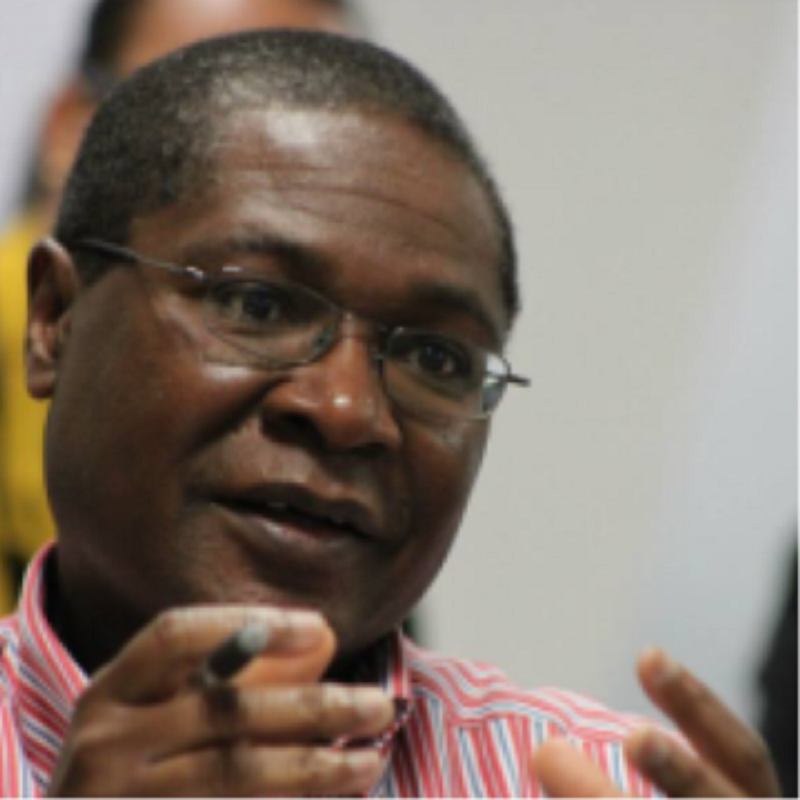Islamic Relief believes poverty is unjust and so were delighted to work with the World Bank and faith organisations around the world to set down a shared vision to end extreme poverty by 2030. Here, Islamic Relief’s senior policy advisor for poverty reduction, Dr Muhtari Aminu-Kano, talks about being part of the team that created the global commitment ‘Ending Extreme Poverty: A Moral and Spiritual Imperative’.
On 18 February 2015, I witnessed faith leaders and leaders of faith-based organisations from all corners of the globe hold a discussion on eliminating extreme poverty at the headquarters of the World Bank in Washington DC.
Leaders from various faith traditions as well as various denominations and sects within some of the larger faiths took part. Hindu, Sikh, Buddhist, Islamic and Christian faiths were represented. Participants included Sunni and Shia Muslims as well as Catholic, Anglican, Baptist and Methodist Christians. What was most remarkable about the meeting was not that it was inter-faith or that it involved a highly influential multilateral stakeholder such as the World Bank – although these were remarkable. Most interesting of all was that they unanimously agreed to develop a joint declaration that would set out their shared understanding, commitments and joint call to action towards what they described as the moral imperative to end extreme poverty by 2030.
The role of faith

I was privileged to be part of the initial group charged with producing the first draft. That group had lively and passionate discussions but after several re-drafts and with the spirit of tolerance, compassion and mutual respect it was possible to develop a strong document that was then endorsed by the leaders and their organisations.
The document recognises the unique role of faith in poverty eradication, by motivating and inspiring action based on deep spiritual values. It also draws on faith teachings to emphasise the moral need to seriously address poverty eradication. Finally it highlights the urgency of the issue, and calls for both a holistic approach and new kinds of partnership and collaboration. It ends with a commitment by the faith representatives to do more in their respective work, and work more with each other and other stakeholders, as well as hold themselves and others to account.
The Joint Declaration is being launched in the week leading up to and at the Spring Meeting of the World Bank and International Monetary Fund (IMF) in the United States.
Working together
Participating organisations such as Islamic Relief now hope to build widespread agreement with the Joint Declaration so it can form the basis for fresh thinking and collaboration as we all strive to end extreme poverty by 2030.
The sentiments in the Joint Declaration are not new to Islamic Relief. We have always considered poverty as a moral wrong that should be fought by everyone as a matter of moral necessity and are working to end long-term poverty in various ways. Hard-hitting advocacy complements our programmes on the ground, such as microfinance in Pakistan, empowerment in Mali, and climate-aware schemes in Bangladesh, as well as life-saving humanitarian aid programmes.
This new joint effort with other faith groups and the World Bank gives us a chance to increase our work, and the official launch of Ending Extreme Poverty: a moral and spiritual imperative provides fresh excitement as we fight extreme poverty across the world.










